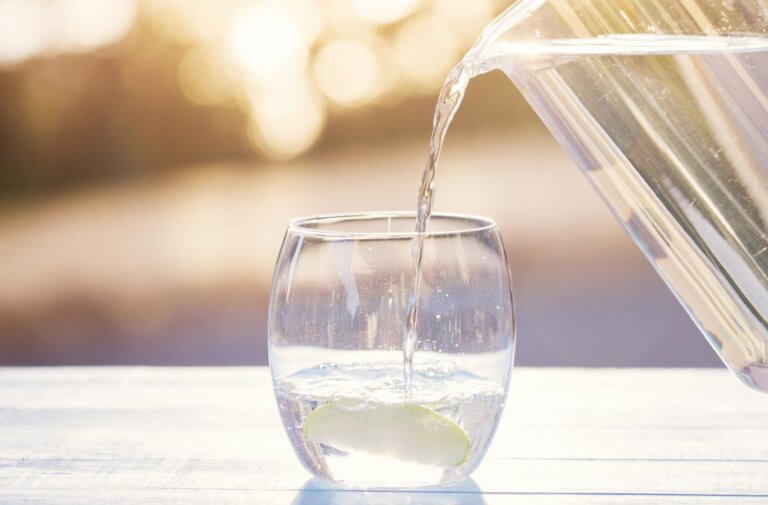The Difference Between Hard and Soft Water
Do you know if your water is hard or soft, and why it matters? What does this mean, and can you (or should you) do anything about it? Read on to find out.
What is the difference between hard and soft water?
Hard water contains high amounts of dissolved minerals such as calcium and magnesium. This is absorbed when the water comes into contact with rock such as chalk or limestone. Water takes a long journey to get to our homes, so it often picks up these minerals along the way. Soft water, on the other hand, contains few or none of these minerals, and this is water in its natural state.
What does this mean for your everyday water usage?
When hard water is heated it can form limescale and scum deposits in your pipes and appliances. This means your shower may require more frequent cleaning. Scale build-up from hard water can also clog pipes and reduce water flow. Appliances such as your dishwasher, washing machine and water heater, which have to work harder in hard water areas, may have a shorter life due to high amounts of limescale. Limescale also makes these appliances less efficient, less environmentally friendly, and more expensive to run. However, for dishwashers, there is way to improve things. The salt levels on some dishwashers can be adjusted to help prevent limescale build-up, increase the life of your dishwasher, and make your plates and glasses cleaner. Your dishwasher’s manual will tell you how to adjust the salt setting.
Soft water is generally preferred when it comes to cleaning as your glassware will be cleaner, your appliances and bathrooms will be free from scum, and clothes will be softer. People in soft water areas tend to use less detergent and less energy, so they can also save money compared to those of us living in hard water areas. On the other hand, very soft water can cause staining and resistance to chlorine, which isn’t good news if you’re lucky enough to own a swimming pool. Calcium chloride can be used to increase the hardness of water in pools.
Which is healthier?
Both hard water and soft water are perfectly safe and healthy to use, although hard water often tastes better, whereas soft water can have a salty taste and may not always be suitable for drinking. If you live in a hard water area, drinking water can contribute to your daily calcium intake.
How can you combat limescale?
Limescale can build up in kettles and create a brown scum on your tea or coffee. This isn’t harmful, but it doesn’t look very pleasant – luckily there are ways to get rid of it. Try making your tea in a pot rather than a mug, use tea leaves instead of tea bags, use a tea strainer, and don’t let your tea stew. You can also use a wire scale collector in your kettle.
Can you make hard water soft?
There are some ways to make hard water soft, for example by using a salt water softener. This removes calcium and magnesium and replaces it with sodium (also known as ‘ion exchange’). This prevents scale build-up by slowly releasing salt into the water. The units can be bulky and also waste water, so this isn’t the most environmentally friendly option. And although this water will be better for your appliances, it won’t be better for you – it isn’t advised to drink or cook with this water. This means that by law you have to have a separate drinking water supply.
An alternative is to use a conditioner or scale inhibitor. Rather than removing the minerals and replacing them with something else, this alters the water so that minerals pass through the system. This prevents the build-up of limescale and your water is still safe to drink. Other solutions to limescale include magnetic water descalers, which fit around your water pipe and create a magnetic field that makes the microscopic crystals bond together and prevents them from sticking to the sides of your pipes. If you’re only concerned with removing limescale from your drinking water, a water filter is a cheaper solution.


